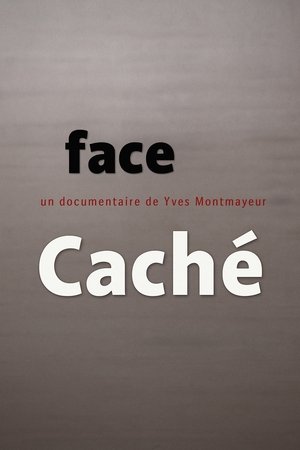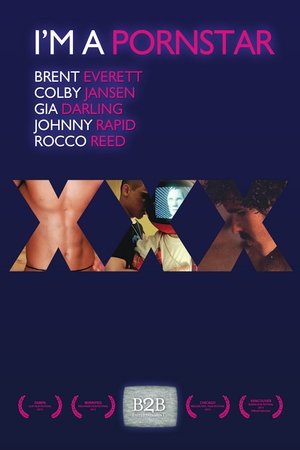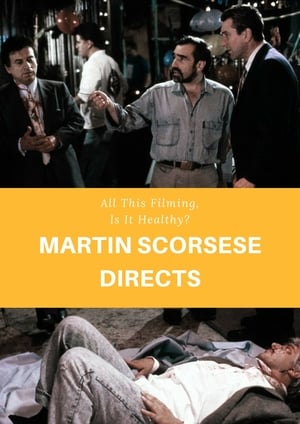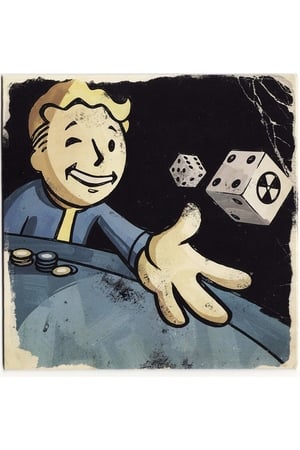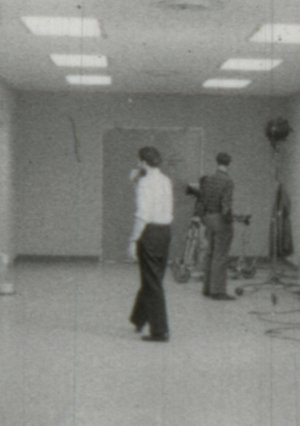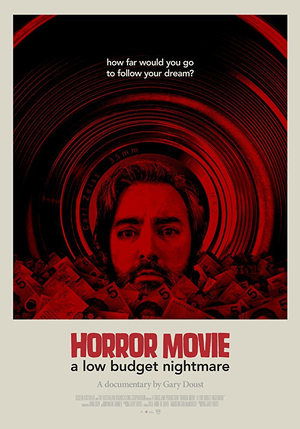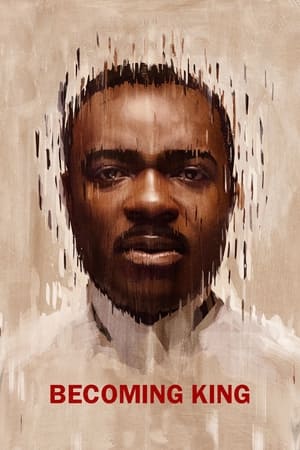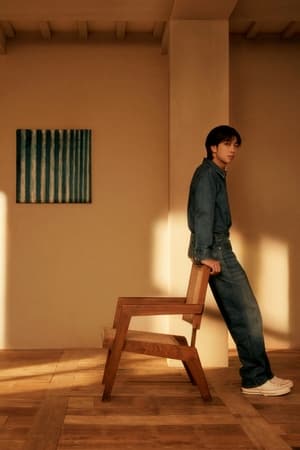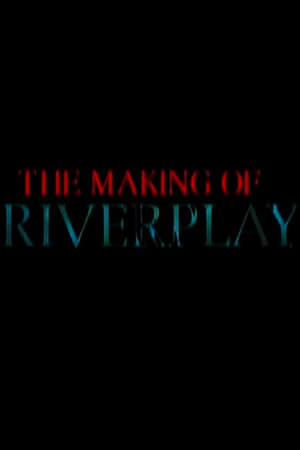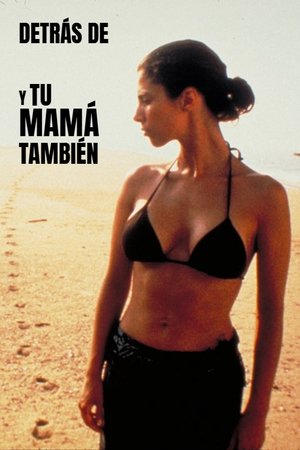Overview
The story of the insane scandals related to the remake of “Island of Dr. Moreau” —originally a novel by H. G. Wells—, which was brought to the big screen in 1996. How director Richard Stanley spent four years developing the project just to find an abrupt end to his work while leading actor Marlon Brando pulled the strings in the shadows. Now for the first time, the living key players recount what really happened and why it all went so spectacularly wrong.
Reviews
***Account of the troubled production is far more compelling than the movie***
The making of the 1996 version of "The Island of Dr. Moreau" was such a disaster that articles, books and documentaries have been made about it, like this 2014 documentary "Lost Soul: The Doomed Journey of Richard Stanley's Island of Dr. Moreau." Stanley championed the film, wrote the screenplay and was set to direct, but was fired after a few days of shooting after conflicts with Val Kilmer, who wasn't in the best of moods due to being served divorce papers while on set.
Actually that wasn’t the main reason Stanley was fired. He was fine for small indie productions, but he was out of his league with a blockbuster like this. In his defense, the movie didn’t start as a blockbuster, but simply a few notches more swanky than Stanley’s previous two Indie flicks. Veteran filmmaker John Frankenheimer had to be brought in to save the production from being an utter loss. He got the job done, but his tyrannical approach didn’t help matters.
The situation was so bad that Fairuza Balk (the cat-lady, Aissa) literally tried to escape the remote set in Cairns, Australia, but she was caught at the airport in the nick of time. Add to this constant rewrites and Brando's well-known eccentricities, not helped by the recent suicide of his daughter, Cheyenne, and you have a formula for cinematic chaos!
The fact that a semi-coherent, somewhat entertaining movie was made from such a debacle is remarkable. But this documentary is far more interesting and amusing. It’s on par with similar docs, like “Hearts of Darkness: A Filmmaker’s Apocalypse” (1991). Some notables of the cast & crew unfortunately weren’t interviewed (Kilmer, Ron Pearlman and David Thewlis), but more than enough were to accurately and entertainingly paint the picture of what went down.
The film runs 1 hour, 37 minutes.
GRADE: A

 98 min
98 min
 6.681
6.681
 2014
2014
 USA
USA
 Wuchak wrote:
Wuchak wrote: